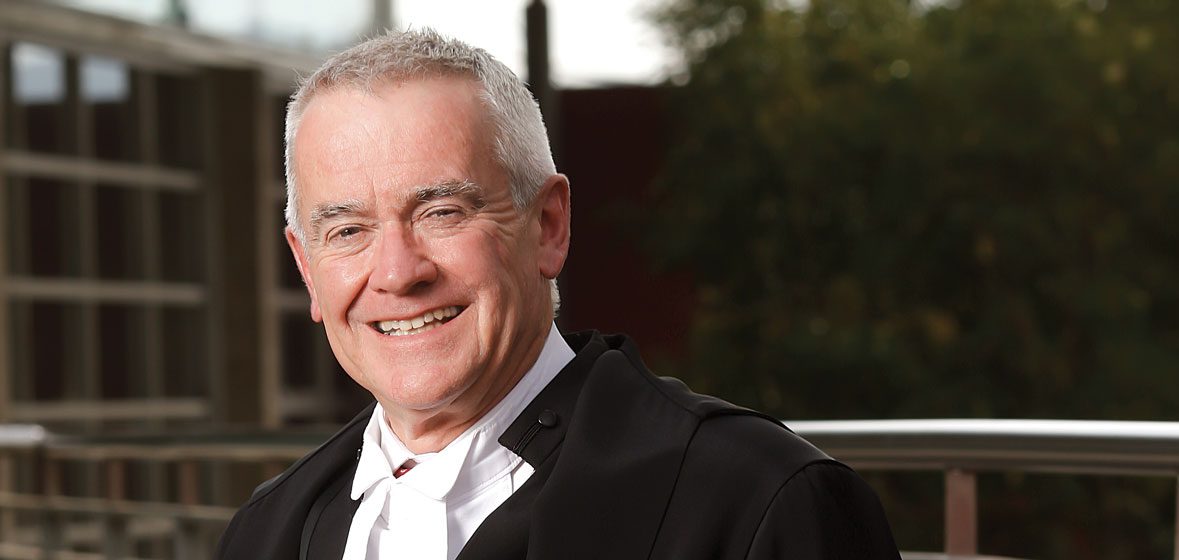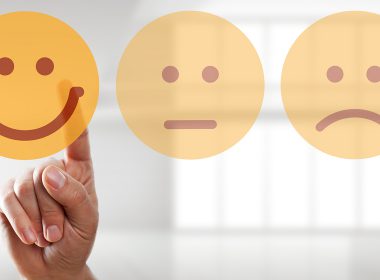It must be the oddest display in one of the saddest courthouses in NSW. A judge, a police prosecutor, two legal aid solicitors and staff from the Health and Corrections departments are clapping as a 25-year-old man finishes his weekly report on life without drugs.
He tells Judge Paul Cloran that he has not used ice this week and turned up for work every day. His counselling sessions have been going well. He is living in a caravan with his grandfather.
“The truth is that it is simple,” Judge Cloran tells him. “We want to be partners in your recovery from drugs. The number one rule of this court is honesty. Well done for having a good week.”
The Hunter Drug Court, in Toronto near Newcastle, is one of three specialist courts that deals with serious drug users in NSW.
It offers an alternative to the revolving door of criminal justice and most of the 80 drug offenders selected for the Hunter program have been in jail many times.
Judge Cloran, a former Local Court magistrate and acting District Court judge, runs the court three days a fortnight. Instead of being sent to jail, offenders have their sentences suspended and serve their time in rehabilitation out of jail.
They have their urine tested up to three times a week, attend counselling weekly, are given curfews and appear before the judge each week to report their progress.
“The attraction of this whole thing is the carrot and the stick,” Judge Cloran explains.
“I tell them, ‘You comply with the program and you don’t have to go to jail. If you don’t comply, you go to jail’.”
“The Drug Court Program is designed for prolific offenders. Most of the people I see have already been in jail. Many have been in jail 10 or 15 times in their lives. Many are hardened offenders.
All the stories are sad. What’s saddest is the people who come from homes where drug use has been the norm and sometimes their grandparents have been users. What chance do they have? They don’t know any other kind of life and, when you are addicted to drugs, it’s not a life – it’s an existence.




